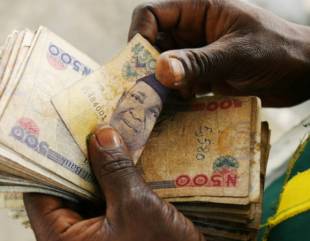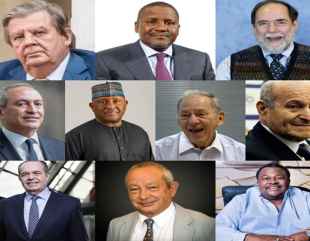With over 10,000 cases of the recent virus ravaging the society coupled with the starring recession as announced by the Finance Minister, the choice of re-opening the economy or not seems like a difficult decision to make as taking one side could lead to a trade-off of lives to livelihood or livelihood to lives.
During the lockdown period, there was a slow growth rate in the number of cases compared to when the lockdown was relaxed. With this; lives were saved due to the stay at home order. on the other hand, means of sustenance was affected as those who were employed especially those who receive a daily wage had no means of livelihood. The lockdown period could be described as a period where livelihood was traded off for the lives of the people. However, when the lockdown was relaxed and the economy opened to sustain livelihood, the rate at which new cases were recorded increased.
Individuals who prefer sustaining lives to livelihoods have the mentality that only those who have lives can make a livelihood. However, the economy is not in support as it came smiling with a slow growth and a wave of recession. With this, the livelihood that has been ignored can’t be ignored back except lives are ready to receive the welcoming hands of the recession
The economy could be seen to be at a crossroad as to whether to reopen the economy or not in a bid to sustain lives, or sustain livelihoods, or probably if sustaining lives and livelihood can maintain a balance. It seems the government and policy makers decided to check if it could maintain a balance. On Monday, the secretary to the government of the Federation, Boss Mustapha, who doubles as the chairman of the Presidential Task Force announced that the President, Muhammadu Buhari has approved the relaxation of the ban for four weeks; 2nd to 29th June, 2020. With this, some essential part of the economy is re-opened and therefore sustaining livelihoods. However, the lives at risks was not mentioned during the brief.
In a bid to ensure balance between the sustenance of lives and livelihood, the presidential task force (PTF) agreed on a gradual ease of lockdown. According to them, the nationwide curfew still exists but will be from 10 pm to 4 am, there shall be a full opening of the financial sector, places of worship are not left out but the decision for this is left in the hands of each state government, inter-state travel remains prohibited excepts for goods and essential travel, schools remain closed and offices are expected to maintain 2-meter physical distancing plus 75% capacity. This explains the means in which the government aims at sustaining livelihood and reviving the economy.
In sustaining lives, the government provided a guideline to be implemented and enforced by the state government. According to them, all permitted openings should maintain non-pharmaceutical interventions which includes the use of masks, sanitizers/ handwashing, 2-meter distancing, capacity limits, etc. With this, the Presidential Task Force hopes that lives and livelihoods will be sustained and none would be traded of for the other.
22
24/7 UPDATES ON OUR WHATSAPP TV, JOIN NOW
Follow Us on Facebook – @2709Updates; Instagram – @2709Updates; X – @2709Updates;
Discover more from 2709 Updates
Subscribe to get the latest posts sent to your email.



